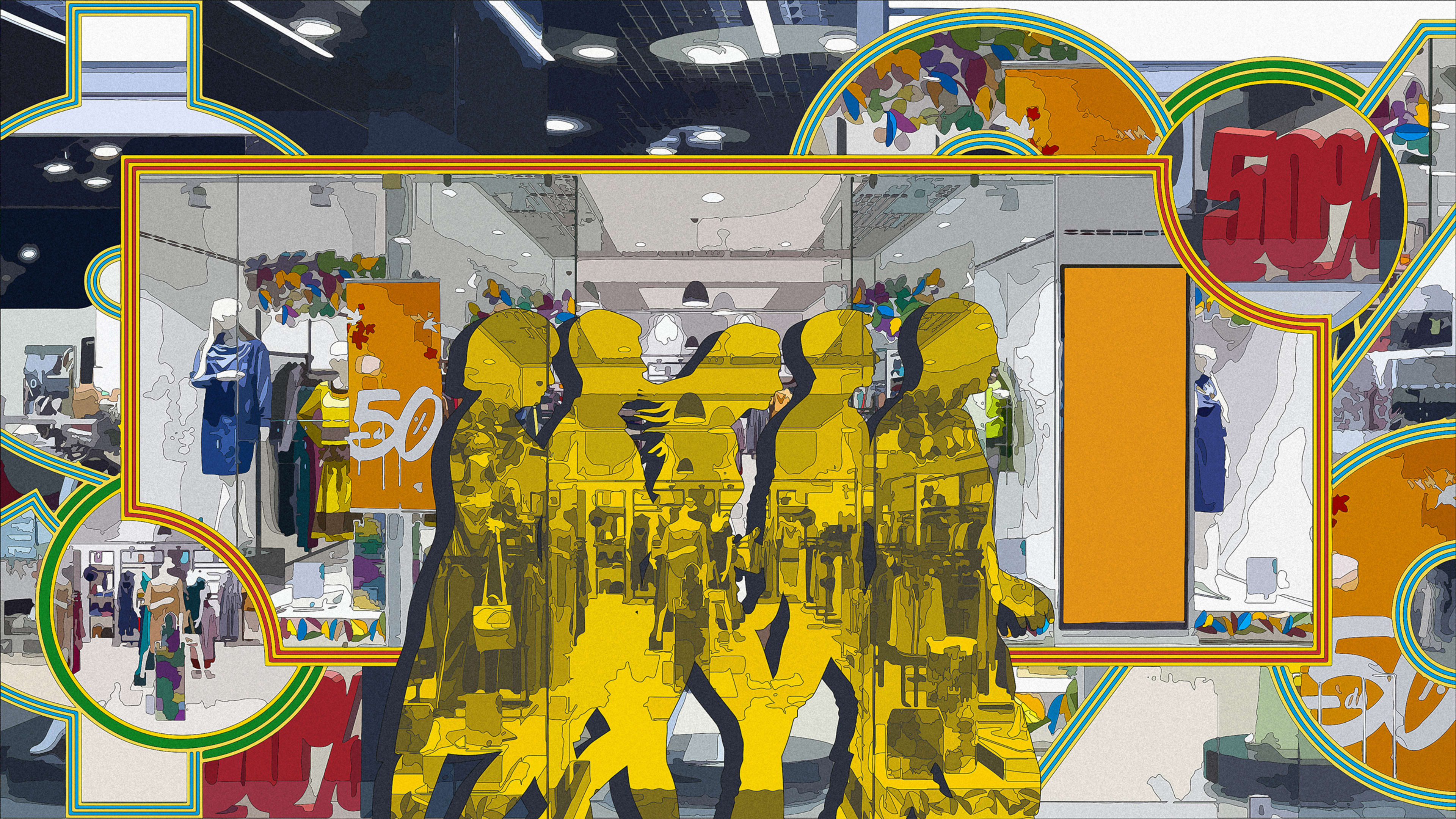In a new survey of thousands of global consumers, nearly half said that they’ve realized during the pandemic that they have too many clothes. Some 44% said that when they shop—for anything, not just clothing—brands are now less of a factor; 53% said that they’re now more likely to repair something than replace it. And while around half of respondents said that they were shopping differently for financial reasons, nearly a third said that they were driven by sustainability, a trend that is likely to last beyond the pandemic.
The survey, EY’s Future Consumer Index, is the eighth edition of a project that started in April 2020 as COVID-19 spread. “The point was really just to understand what fundamental shifts were taking place,” says Kristina Rogers, global consumer leader at the consulting firm EY. People started resetting their priorities about consumption because of the pandemic, she says, and many are deciding that they want to buy fewer, higher-quality products that can last longer.
For many people who have been working at home, surrounded by stuff, there’s a realization that they already own too much. “There’s this trend more towards being more considerate in terms of what they buy in the future,” Rogers says. (Though the long lines of ships filled with new goods at our ports might indicate people’s actual habits are differing from what they say in a survey, or that things have reset since the depths of the pandemic.)
Fewer people—only 27%—now agree with the statement that they buy more things because it makes them happy. And 85% say that they want to consider sustainability when shopping. “There’s often a large intention and action gap with consumers, so we don’t know what the actual result will be,” Rogers explains. “But I think we’re seeing a lot now around consumers ready to change their behavior to make better-informed [decisions about] products for the good of society. And in fact, what’s coming through now is much more demand for brands and companies to take some responsibility for leading some of that positive change.”
Brands may want to rethink what they sell. “In addition to the steps that companies might already be taking to tackle ESG [environmental, social, and governance] targets, companies will need to pay attention to this data and continue to monitor for which segments of consumers are including issues such as sustainability and workers’ rights as a purchase criterion, as well as their willingness to pay more for products that are sustainably and ethically sourced,” Rogers says.
“As these consumer segments continue to grow and accelerate the call for change, companies will need to revisit their business practices across the value chain, from sourcing to production to demand creation,” she adds. “Fast fashion, for instance, deploys a ‘buy-use-dispose’ demand model that is not future fit. If they are not going to survive on high volume and fast turnover, fast fashion will need to consider a combination of higher quality, more expensive items, subscription models, circular resell models, and so on.”
Recognize your brand’s excellence by applying to this year’s Brands That Matter Awards before the early-rate deadline, May 3.
